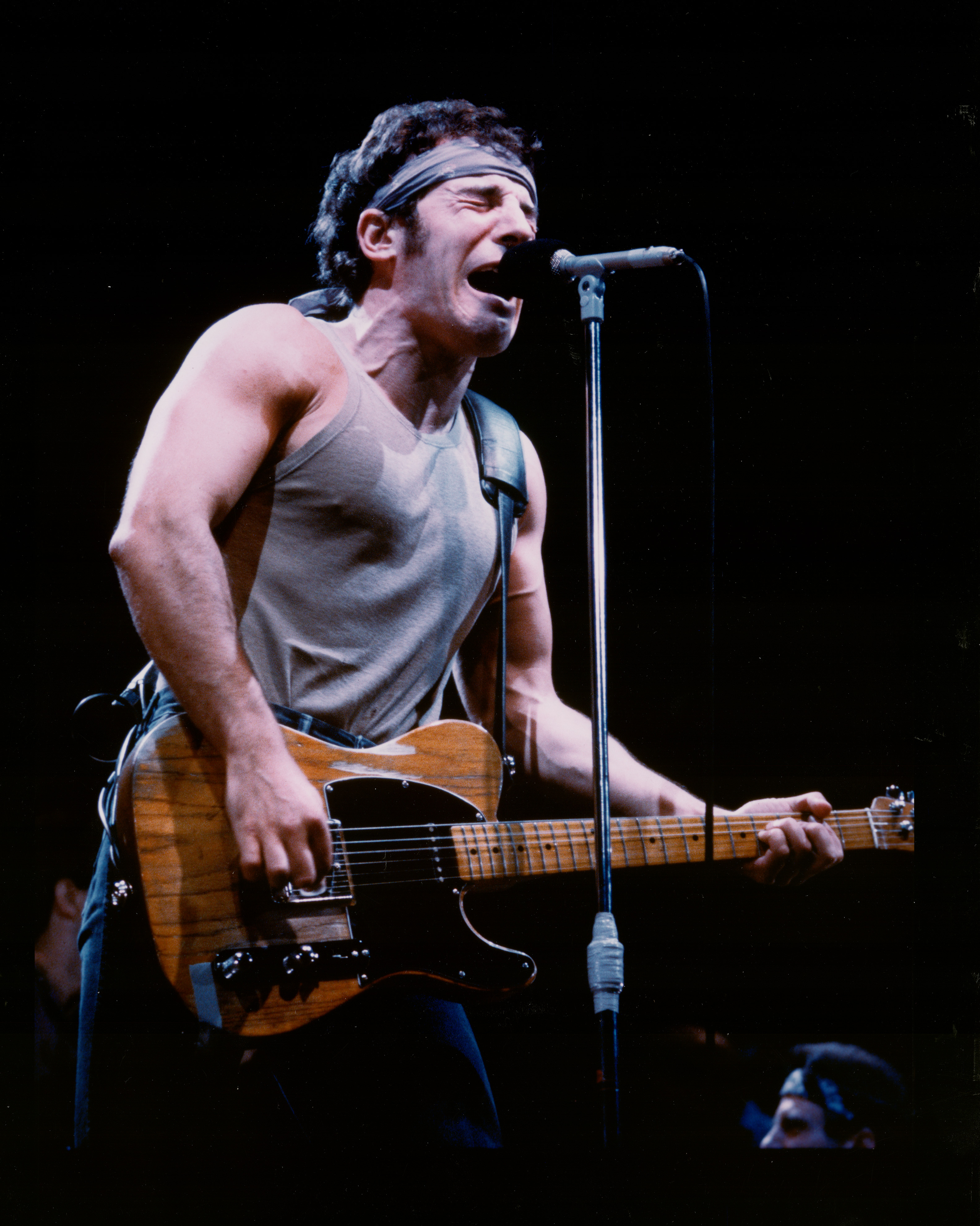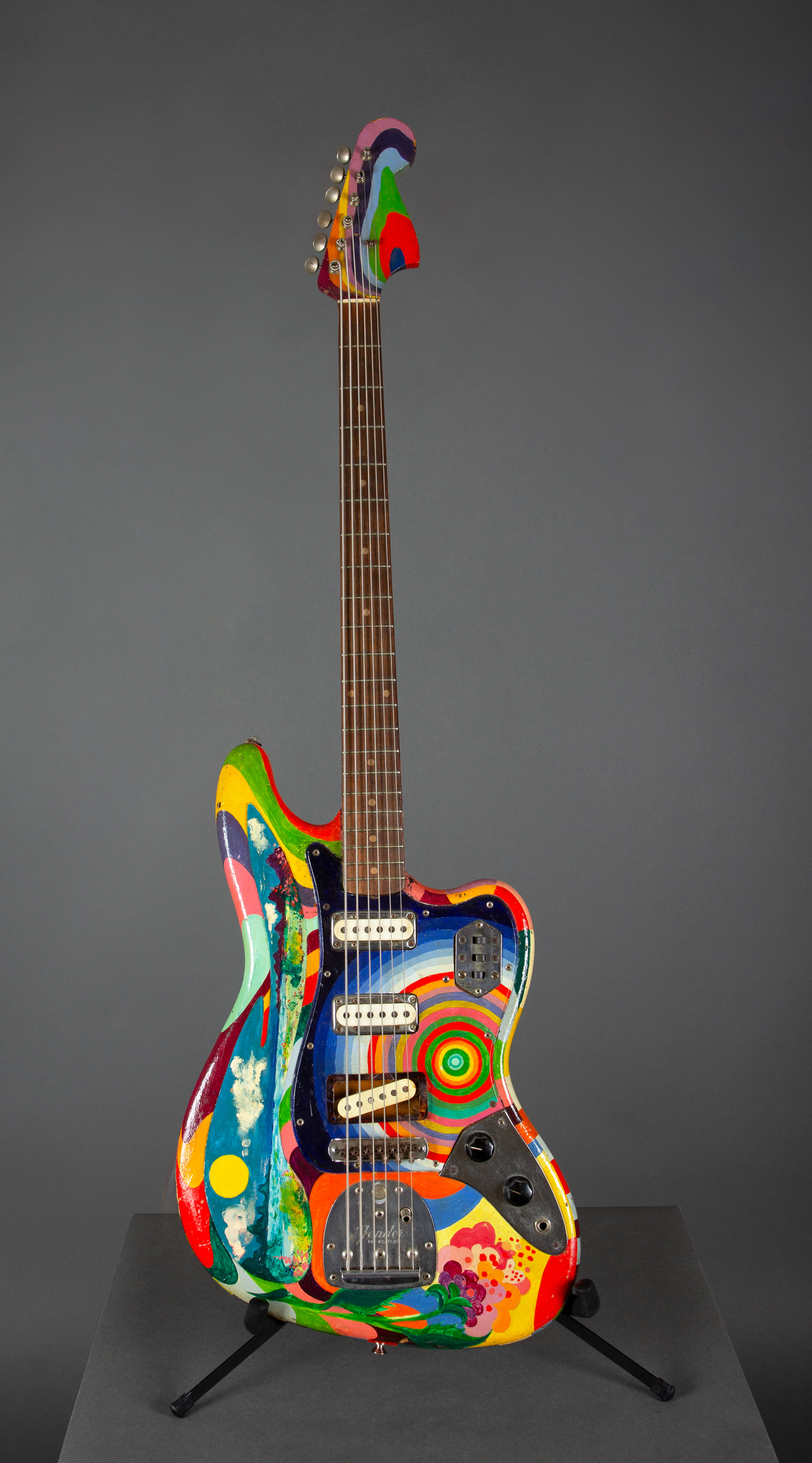Celebrate 50 Years of the Electric Factory

A major exhibition celebrating the impact of Philadelphia-based Electric Factory and Electric Factory Concerts, from the late 1960s to the 2010s.
In 1967 Larry Magid returned to his native Philadelphia, reconnecting with brothers Allen, Herb and Jerry Spivak, and Shelly Kaplan. Herb Spivak owned a jazz nightspot called the Showboat Theatr and was keen to harness Larry Magid’s experience as a talent agent in New York, who had been promoting upcoming rock and blues musicians. The two discussed plans to open a club that would be a hip, underground environment.

When the original Electric Factory opened on Arch Street in February 1968, Philadelphia had a range of venues offering jazz, blues, soul, rhythm & blues, and rock, supported by local radio stations. Yet its impact was immediate, with Jimi Hendrix, Janis Joplin and Cream appearing in its first three months. Electric Factory Concerts (EFC) began shortly afterwards, mounting the three-day Atlantic City Pop Festival in 1969, just before Woodstock. Shortly after the original Electric Factory closed in 1970, EFC opened the Bijou Café on Lombard St.
With Larry Magid as promoter, and Allen Spivak as business manager, EFC became the major concert producer on the east coast, managing thousands of concerts at the Spectrum and other venues. It co-produced Live Aid, partnering with Bob Geldorf, Bill Graham, and Harvey Goldsmith in London, and twenty years later Live 8. In 1995, the second Electric Factory opened in Old City.

This unmissable exhibition will include original posters, photographs, and concert apparel. An American invention, the electric guitar is the signature instrument of rock and visitors will be drawn to Bruce Springsteen’s Fender Telecaster, played in Philadelphia more than any other celebrated guitar; the 6-string bass Jack Bruce used to record Fresh Cream, painted in psychedelic colors for Cream’s 1968 European and US tours; and a late 1950s Gibson Les Paul, regarded by some as the holy grail of electric guitars, played by Mick Taylor at the Spectrum during the Stones’ tour in 1972.
The exhibition includes sections on the early years of Electric Factory, Live Aid, concert sound systems (with a scaled-down stage), the 2nd Electric Factory, and the psychology of rhythm which underlies so much music. An interactive section will close the show, inviting guests to decorate guitars virtually.
Contributors to this exhibition include Hard Rock Memorabilia Collection, Rock & Roll Hall of Fame, and Temple Special Collections.
More from Drexel:
Drexel Founding Collection
Polish Poster Collection
Fox Historic Costume Collection